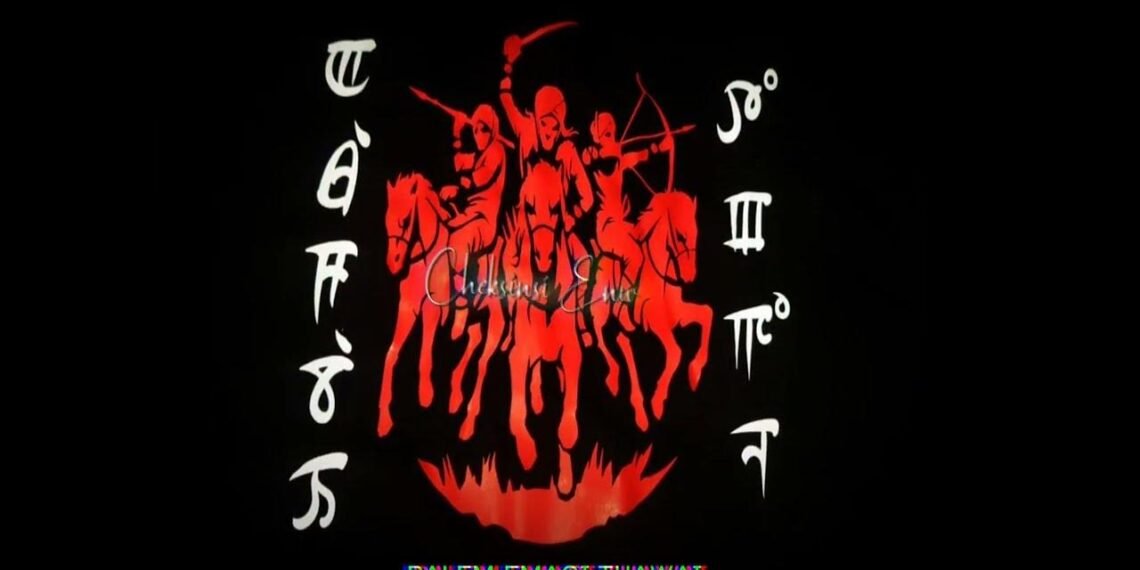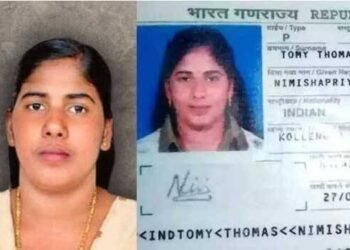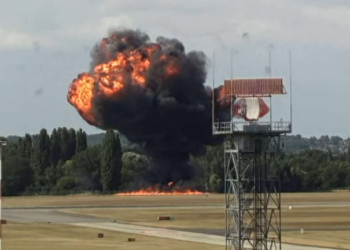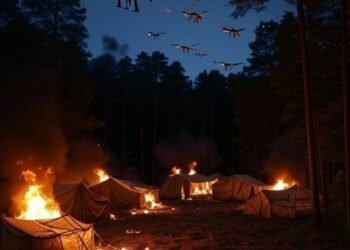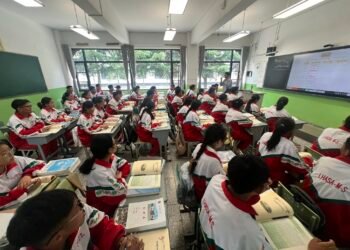The attack on Jiribam’s Zairawn village has placed the militant Meitei outfit Arambai Tenggol at the center of Manipur’s escalating ethnic unrest. With ties to armed uprisings and ethnic violence, the group’s radical activities are now the focus of high-profile NIA investigations.
BY PC Bureau
The ongoing ethnic conflict in Manipur has cast a spotlight on Arambai Tenggol, a militant Meitei organization accused of orchestrating violence and inciting unrest in the northeastern state. Initially established as a socio-cultural outfit, the group has morphed into a radicalized militia with a significant role in the state’s ethnic turmoil.
Arambai Tenggol was founded in 2020 under the aegis of Leishemba Sanajaoba, Manipur’s titular king and a Rajya Sabha member. Originally envisioned as a group to promote the revival of the pre-Hindu Sanamahi religion among the Meitei people, it aimed to reconnect the community with its native cultural and spiritual roots.
The group takes its name from the Arambai, an ancient dart-like weapon associated with Meitei warriors. This symbolism embodies their belief in the warrior ethos of protecting Meitei identity and reclaiming cultural pride.
At its core, Arambai Tenggol’s beliefs are rooted in:
- Reviving the Sanamahi faith: The group emphasizes the worship of traditional deities, including Lainingthou Sanamahi, considered the protector of households, and Leimarel Sidabi, the mother goddess of the Meitei.
- Rejecting Hindu influences: Members advocate purging the Meitei community of the Hindu customs and rituals adopted during the 18th century.
- Ethnic unity among Meiteis: Arambai Tenggol envisions a Meitei society bound by cultural pride and spiritual unity, free from external influences and internal divisions.
Rituals and Practices
Arambai Tenggol incorporates traditional Sanamahi rituals alongside militaristic practices, creating a blend of spirituality and radicalism. These include:
- Fire Ceremonies: Lighting ritual fires to invoke the blessings of Sanamahi deities before any major operation or gathering. The fire represents purification, courage, and divine protection.
- Sacred Oaths: New recruits pledge allegiance to the Sanamahi faith and the Meitei cause, often taking oaths in sacred groves or near Umang Lai shrines (forests sacred to local deities).
- Weapon Blessings: The group ceremonially blesses their weapons, both traditional (such as swords and spears) and modern firearms, seeking divine favor in their conflicts.
- Cultural Revival Gatherings: Public events showcasing Meitei dances, rituals, and Sanamahi prayers, aimed at reinforcing their identity and recruiting members.
While the group initially focused on cultural revival, it gradually militarized to protect what it views as the Meitei homeland. Arambai Tenggol began organizing armed cadres, estimated to number around 2,000, supported by thousands of volunteers. This shift coincided with rising tensions with the Kuki-Zomi and Hmar communities over land rights, identity politics, and Scheduled Tribe status for the Meitei.
The group’s growing influence in the Imphal Valley led to violent confrontations, including:
- Ethnic clashes in May 2023, where Arambai Tenggol was implicated in attacks on Kuki settlements.
- Raiding state armories for arms and ammunition, which significantly bolstered their firepower.
- Defensive operations in Meitei villages during ethnic violence, further escalating hostilities.
The Jiribam Attack
On November 7, 2023, Arambai Tenggol allegedly orchestrated a violent assault on Zairawn village in Jiribam. Armed men torched Kuki huts and killed a local Hmar schoolteacher.
This incident marked a chilling escalation in a previously peaceful region. Zairawn, located approximately eight kilometers from the Jiribam police station, was an unlikely target due to the absence of prior tensions. Observers believe the attack was part of a deliberate strategy to ignite unrest across Manipur.
Legal Scrutiny and NIA Investigations
Arambai Tenggol’s growing radicalism has attracted the scrutiny of the National Investigation Agency (NIA). Eight criminal cases involving the group were recently transferred to the NIA’s Special Court in Guwahati, including:
- NIA Case No. RC-03/2024: On November 1, 2023, an armed mob stormed the Palace Compound in Imphal East, fired at police, and overpowered local forces.
- NIA Case No. RC-04/2024: The same group attacked the 1st Manipur Rifles Battalion, looting arms and fleeing after security reinforcements arrived.
These cases, registered under charges such as the Unlawful Activities (Prevention) Act (UAPA) and the Official Secrets Act, highlight the serious implications of the group’s actions.
Broader Implications and Beliefs
Arambai Tenggol’s leaders justify their radicalism as necessary to preserve Meitei identity and defend their homeland. However, their actions—ranging from bomb blasts and targeted killings to looting state armories—are viewed by many as a dangerous attempt to destabilize Manipur.
The group’s belief system combines:
- Militant spirituality, where divine blessings are sought for violent actions.
- Cultural purity, promoting the exclusion of external influences.
- Ethnic supremacy, prioritizing Meitei dominance over minority groups.
Impact on Manipur’s Crisis
As the NIA deepens its investigations, the role of Arambai Tenggol in Manipur’s unrest remains a critical concern. The group’s actions have not only exacerbated the conflict but also highlighted the urgent need for dialogue and reconciliation in the state.


